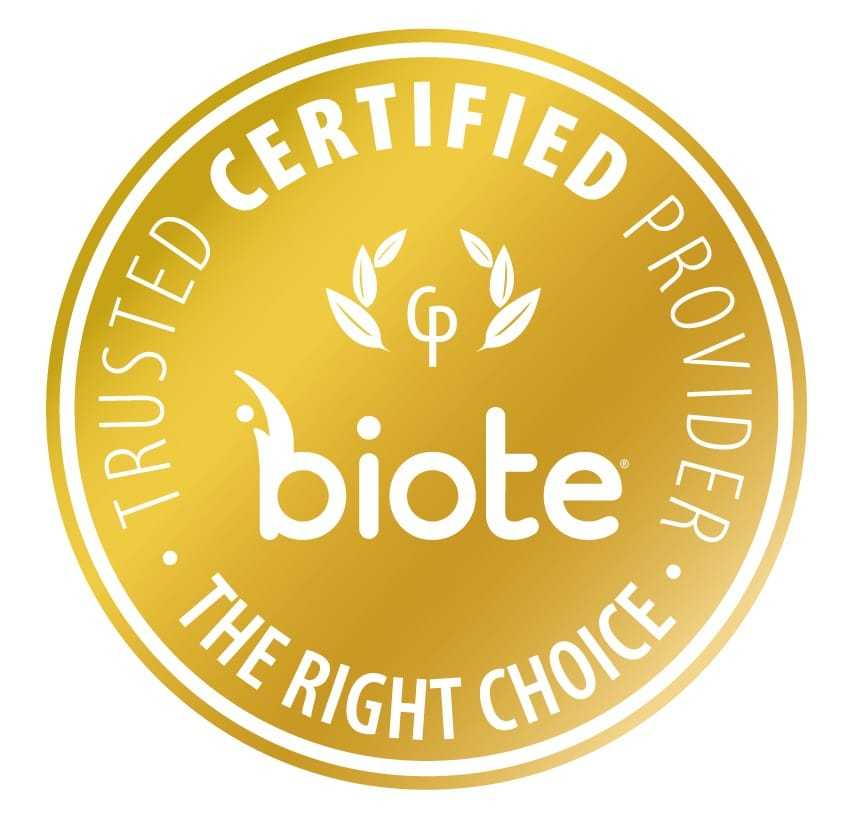Human papillomavirus is a common, sexually transmitted disease that affects millions of people around the globe. Nearly everyone will come into contact with this virus at some point during their lifetime. Although many people recover fully and never even show symptoms, the disease can cause several types of cancers. One way to prevent this disease is to get the HPV vaccine. It is a safe, effective way of treating HPV.
What are HPV Vaccines?
The HPV vaccine is a treatment given to adolescents in two or three doses. 80% of people will come in contact with HPV at some point, but having the vaccine prevents the virus from causing certain cancers. It causes the human body to develop proteins called antibodies that ward off the serious effects of the virus. Although there has been some debate over whether children should receive this vaccine, the facts suggest that the benefits far outweigh the risks, which commonly include minor side effects such as those listed below.
- Nausea
- Fainting and dizziness
- Soreness and redness at the injection site
- Headaches
Are HPV Vaccines Safe?
HPV vaccines are one of the safest ways to protect yourself and your children from developing certain cancers caused by the virus. The most current vaccine protects against nine strands of HPV, which reduces the risk of contracting cancers of the anus, vagina, cervix, vulva, and throat by up to 90%. It is important to get every dose of the vaccine for complete protection. Depending upon the age of the person receiving the vaccine, the treatment will be administered in two or three doses several months apart. Currently, the vaccine provides long-term protection against HPV, and there is no need for booster shots.
Since the vaccine has been proven to protect women from developing cervical cancer or pre-cancer, this HPV treatment is a wonderful way to protect future fertility. While some people fear the vaccine may harm fertility, the opposite is true. By reducing the risk of developing cervical cancer, the vaccine increases the likelihood that girls will have healthy pregnancies later in life.
Since the vaccine first became available in 2006, more than 270 million doses have been given globally. The vaccine contains naturally occurring ingredients and offers long-term protection against certain cancers. As with any vaccine, leading health experts continue to monitor the medication to ensure it remains a safe and effective treatment option.
When Should People Get the HPV Vaccine?
The vaccine is most effective when it is administered to people before they become sexually active. For this reason, it is recommended that children receive the first dose between the ages of nine and twelve, with the second dose following within six months to a year. The vaccine is also effective for teenagers and young adults, but anyone between the ages of 15 and 26 needs to receive the treatment in three doses instead of two. While the vaccine is not typically recommended for people over the age of 26, you can still get this treatment if you are under 45 and have discussed the risks and benefits with your doctor. The treatment is never recommended for children under the age of nine or over the age of 45.
Who is the HPV Vaccine Ideal For?
One common misconception about the HPV vaccine is that it is only beneficial for women. Although the virus is known to cause cancers specific to women, such as vaginal, cervical, and vulvar diseases, it can also cause throat and penile cancers in men. Because HPV affects both men and women, both genders can benefit from receiving the vaccine at an early age. It is equally as important to have your sons vaccinated for HPV as it is to protect your daughters from the virus because both genders could potentially develop severe side effects.
Is the HPV Vaccine Expensive?
Since the HPV vaccine protects against such a common disease, most insurance plans cover the cost of each dosage administered within the recommended guidelines. It is always a good idea to check with your insurance provider to ensure the vaccine is covered, but few people have to pay for it if the shots are given between the ages of nine and 26. If your children are underinsured or don’t have insurance at all, you can apply for the Vaccines for Children program to have the cost of the treatment covered so your kids can live a happy, productive life.
Having your child vaccinated for HPV is the best way to protect him or her against certain types of cancers. It is a safe and effective treatment that prevents HPV symptoms. If you are interested in getting the vaccine for yourself or your child, Dr. Catherine Vanderloos can provide this service. Contact us online or reach out by phone at (318) 865-4333 to schedule an appointment for the first dose of the HPV vaccine.
Image Credit: Shutterstock/ OneSideProFoto



